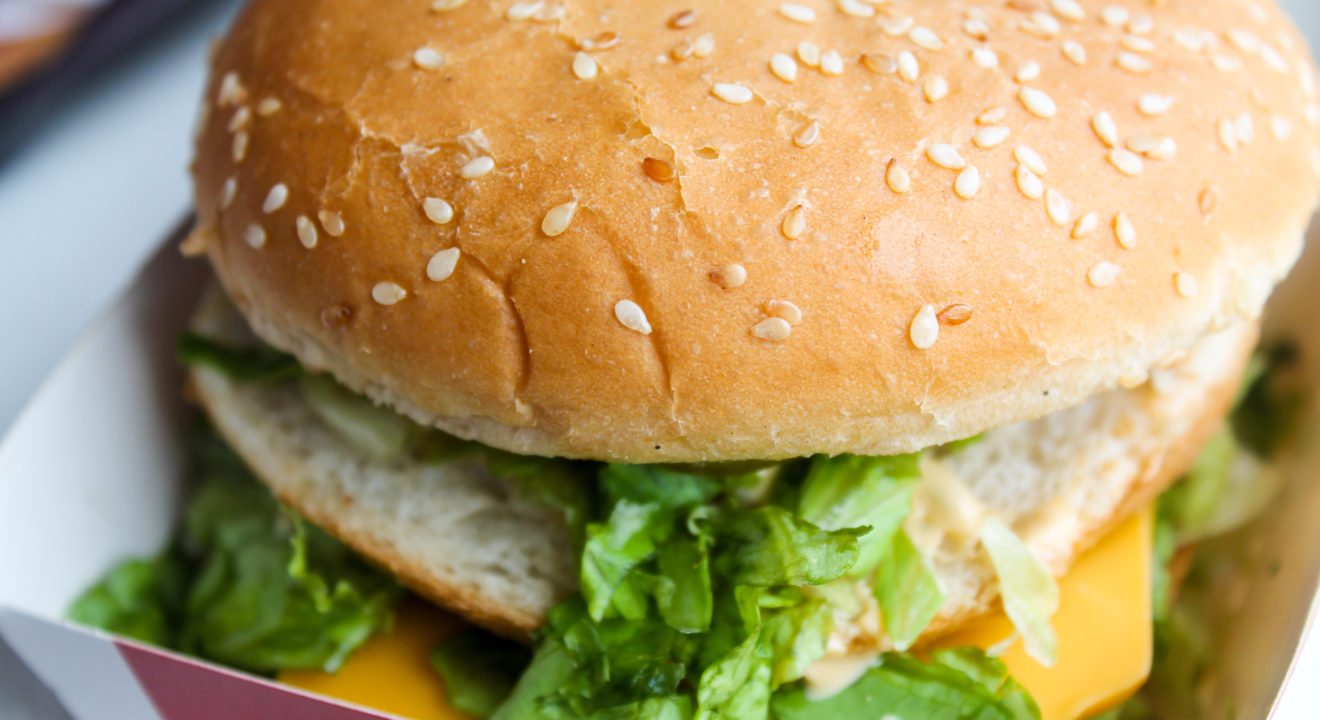Uncategorized February 9, 2017


In 2004 Morgan Spurlock was the original 30-day challenge competitor when he decided to eat McDonald’s for every meal of the day. The only condition was that he would “super size” his meal if he was asked. The 30 days are cataloged in his groundbreaking documentary Super Size Me.
When the experiment began, Spurlock was in above average shape for a man his age, height, and weight. He saw three physicians, a cardiologist, a gastroenterologist, and a general practitioner. All of them agreed that the “McDiet” wouldn’t have too much of an impact on his health, saying that the body is incredibly adaptable, and would adjust accordingly throughout the experiment.
He ate three meals at McDonald’s each day, trying every item on the menu at least once, which had been accomplished by day nine of the challenge. On average he tried to replicate the number of steps the average American walks in a day, which is around 5,000. Every day he ate twice the recommended calorie count, at 5,000 kcal.
The film catalogs his life as he tries to adjust to his new meals, and the bearings it has on his physical and psychological health. After just five days, Spurlock gained nine pounds, and by the end of the 30 days, he would gain 24 pounds, increase his body mass by 13%, and increase his cholesterol to 230 mg/dL. On the 21st day of the experiment, Spurlock had to go to the hospital for heart palpitations, where his doctor warned him stop what he was doing before serious damage was incurred. At the end of the 30 days, his team of physicians were surprised by the deterioration done to his body. It took Spurlock 14 months to lose all of the weight he had gained. Twelve years later, Spurlock still has serious side effects, like the fact that it’s now much easier for him to gain weight quickly because of the extra fat cells he now has.
But the physical side effects of the experiment were only the beginning. He experienced intense mood swings, depression, and lack of a sex drive. It didn’t take long for these effects to take place either, noting early on that he was feeling lethargic and suffering from headaches, saying that they were only relieved when he ate another meal.
Although his friends and family expressed concerns, Spurlock was determined to complete the challenge. His then girlfriend was especially concerned because she was a gourmet vegan chef. It wasn’t easy for her to sit by and watch her boyfriend destroy his body.
The film premiered at the Sundance Film Festival, where Spurlock received the Grand Jury Prize for his directing of the film. It was also nominated for an Academy Award for Best Documentary. Six weeks after its release, McDonald’s removed the Super Size option from the menu. However, despite this warm reception from the public, there has been some critical backlash.
Critics and McDonald’s say that Spurlock intentionally ate 5,000 calories per day without any exercise and should have anticipated the deterioration of his health because of this. The documentary Fat Head was released as a response to Super Size Me, and participant Tom Naughton suggests that the fat and calorie counts don’t add up. However, Spurlock never released his food log, so there is no way to confirm the true fat and calorie counts.
Sorry, no related posts found.